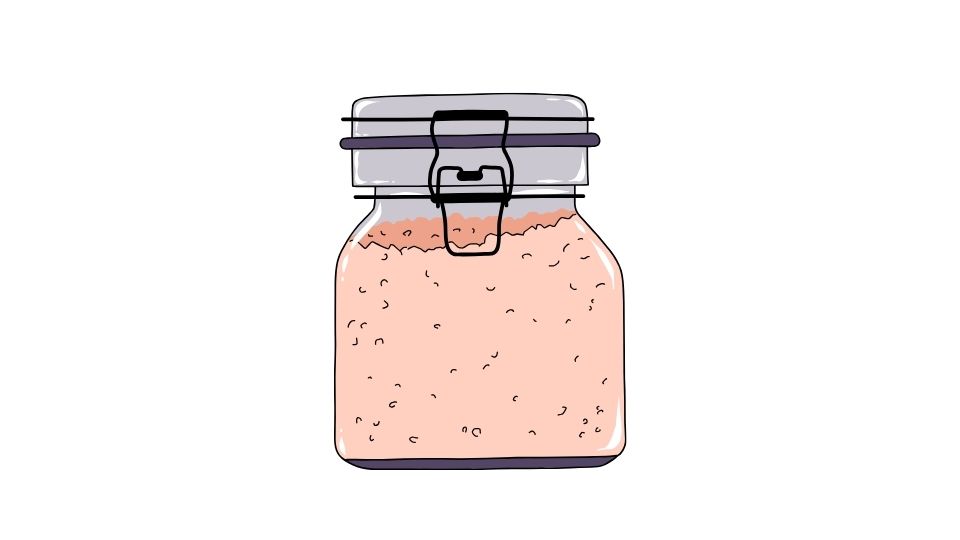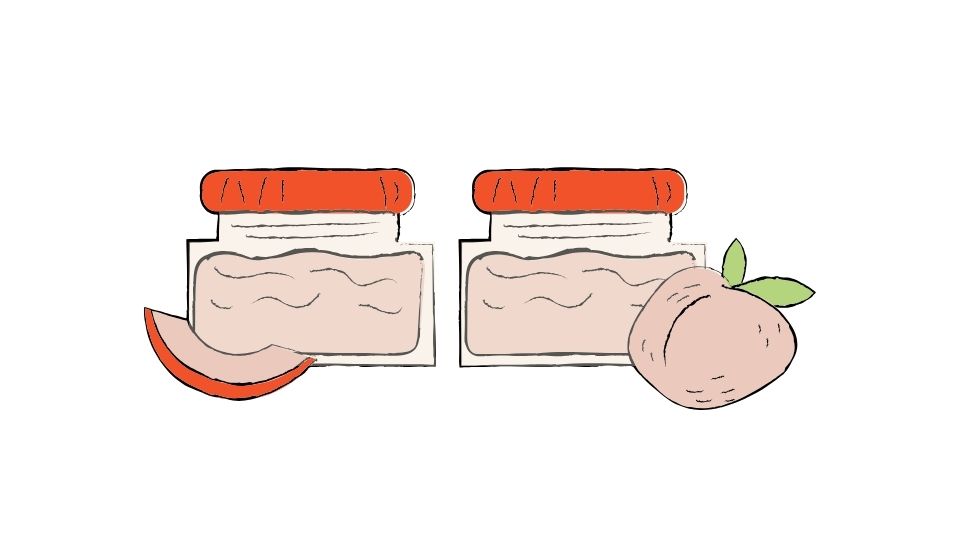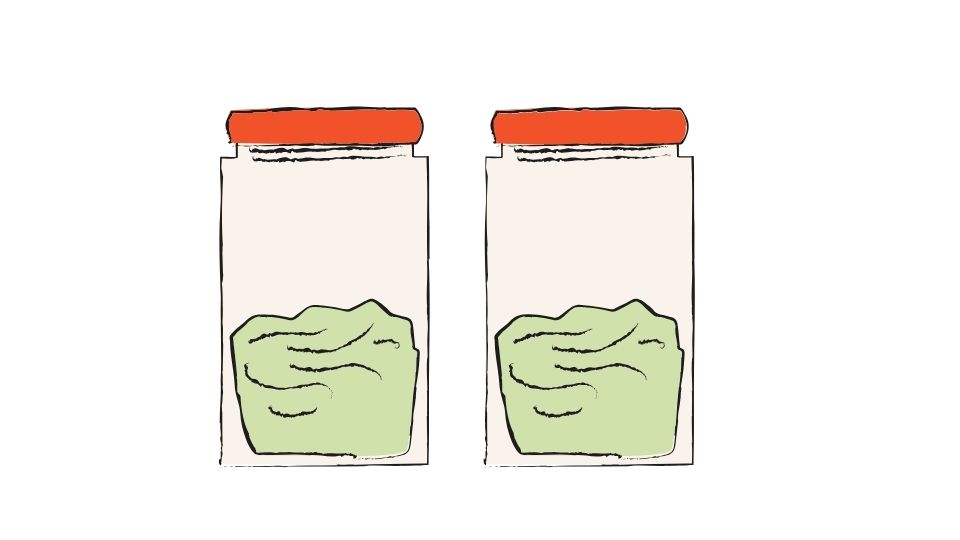Is Protein Powder Allowed on the Paleo Diet?

If you’re following the Paleo diet and wondering if your protein powder fits the bill, you’re not alone. I’ve been there – standing in the supplement aisle, scrutinizing labels and wondering if that tub of protein is going to support or sabotage my ancestral eating goals.
Let’s cut through the confusion about protein powders and Paleo.
Can Protein Powder Be Paleo-Friendly?
The short answer? Yes, but choose wisely.
Protein powder can absolutely work with your Paleo lifestyle – but only if it aligns with core Paleo principles. That means it should be:
- Derived from clean, minimally processed sources
- Free from artificial additives and fillers
- Ideally from Paleo-approved animal sources
While strict Paleo followers stick to whole foods our ancestors would recognize, the reality is that modern life sometimes calls for modern solutions – like a quick protein boost after a workout.
Why Protein Matters on Paleo

The Paleo diet is built around whole, unprocessed foods similar to what our cave-dwelling ancestors supposedly ate: meats, fish, eggs, nuts, seeds, fruits, and vegetables.
Protein plays a starring role because it:
- Supports muscle growth and recovery
- Boosts immune function
- Repairs tissues
- Helps you feel fuller longer
Animal proteins generally provide the most complete amino acid profiles – especially leucine, which regulates protein synthesis and is critical for muscle building.
Choosing the Right Protein Powder for Paleo
Let’s break down your options by how well they align with Paleo principles:
1. Animal-Based Proteins (Most Paleo-Friendly)
Collagen Peptides
- Derived from connective tissue of grass-fed animals
- Supports skin, joint, and gut health
- Usually unflavored and highly digestible
- The most ancestral protein powder option
Egg White Protein
- Complete protein source
- Minimal processing
- Excellent amino acid profile
- Great for those avoiding dairy
Beef Protein Isolate
- Made from hydrolyzed beef protein
- Free from dairy and soy
- Popular among Paleo athletes
- Look for grass-fed sources
2. Dairy-Based Proteins (Paleo Gray Area)
Whey Protein Isolate
- Not strictly Paleo (it’s dairy)
- But often accepted in “Paleo 2.0” or modified Paleo
- Highly filtered to remove most lactose and fat
- Excellent bioavailability
- Choose versions without artificial sweeteners
Casein Protein
- Generally not Paleo-approved
- Slower-digesting dairy protein
- More likely to cause digestive issues for dairy-sensitive people
3. Plant-Based Proteins (Most Controversial)
Pea Protein
- Technically legumes aren’t Paleo
- But some consider minimally processed pea protein acceptable
- Complete protein source
- Good option for plant-based Paleo adaptations
Hemp Protein
- Made from hemp seeds (seeds are Paleo-approved)
- But processing makes it questionable
- Better to just eat whole hemp seeds
Soy Protein
- Definite Paleo no-no
- Highly processed
- Contains phytoestrogens and anti-nutrients
- Best avoided on Paleo
The Processing Problem

The Paleo diet emphasizes minimally processed foods. This is where many protein powders fall short.
When evaluating a protein powder, check for:
- Number of ingredients (fewer is better)
- Artificial sweeteners (avoid)
- Preservatives and fillers (avoid)
- Added sugars (avoid or limit)
Many conventional protein powders are loaded with ingredients that would make a caveman run for the hills – artificial flavors, colorings, thickeners, and sweeteners that have no place in a Paleo lifestyle.
How to Use Protein Powder on Paleo
If you decide to incorporate protein powder into your Paleo diet, here’s how to do it right:
Use it as a supplement, not a meal replacement
Remember that whole foods should form the foundation of your dietChoose clean options
Look for Paleo-certified protein powders or those with transparent sourcingMix with Paleo-friendly ingredients
Blend with coconut milk, almond milk, avocado, berries, or other Paleo-approved foodsTime it strategically
Most beneficial post-workout when your body needs rapid protein synthesis
Real Talk: Strict vs. Practical Paleo

Let’s be honest – if you’re following a strict interpretation of Paleo, all protein powders are technically out since our ancestors weren’t exactly blending up protein shakes in their caves.
But modern Paleo is often more about the principles than perfect historical reenactment. The goal is optimal health, not perfect adherence to an idealized ancient diet.
For many people, a modified Paleo approach that includes high-quality protein supplements can be both practical and beneficial – especially for athletes or those with high protein needs.
Paleo Protein Powder Quick Reference
| Protein Source | Paleo Compatibility | Best For | Watch Out For |
|---|---|---|---|
| Collagen Peptides | Excellent | Joint support, gut health | Lower in some essential amino acids |
| Egg White Protein | Excellent | Complete protein, dairy-free | Allergies, processing methods |
| Beef Protein | Very Good | Muscle building, dairy-free | Flavor can be challenging |
| Whey Isolate | Moderate (modified Paleo) | Athletes, muscle recovery | Still dairy-based, additives |
| Pea Protein | Questionable | Plant-based option | Processing, not strictly Paleo |
| Soy Protein | Poor | Avoid on Paleo | Highly processed, anti-nutrients |
The Bottom Line

Protein powders can work with Paleo if you choose options that respect the diet’s underlying philosophy: minimally processed, clean nutrition from quality sources.
For strict Paleo followers, stick to collagen, egg white, or beef protein powders without additives. For those following a more relaxed approach, high-quality whey isolate might be acceptable.
Remember that protein powders should supplement, not replace, whole food sources of protein. Use them strategically when convenience matters or when you need additional protein to meet your goals.
The most Paleo thing you can do? Listen to your body. If a protein powder makes you feel great and supports your health goals, it’s probably a good fit – regardless of whether our ancestors would approve.

